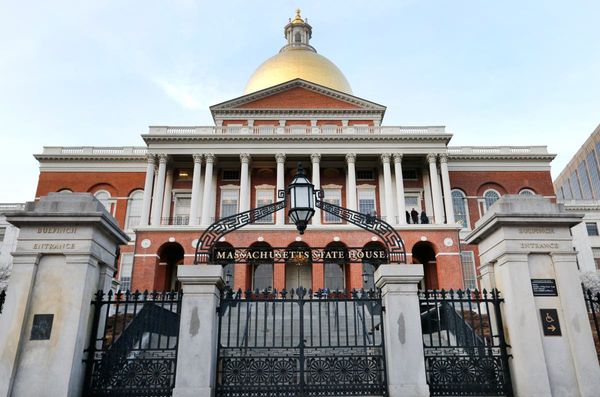India has adopted a leadership role in the fight against climate change with its climate actions exceeding its moral or legal responsibility, Union Environment Minister Bhupender Yadav said on September 6.
Addressing a policy dialogue organised by independent non-profit Integrated Research and Action for Development (IRADe) in New Delhi, the Minister said on the path to achieving net zero by 2070, most of the growth in the energy demand in India will have to be met with low-carbon energy sources.
Last month, India communicated an ambitious update to its Nationally Determined Contribution (NDC), which displays the country's commitment to achieving net-zero by 2070.
India to reach net zero emissions by 2070
NDCs means national plans and pledges made by countries to meet the goal of maintaining global temperature rise to well below 2 degrees Celsius above pre-industrial levels, while aiming for 1.5 degrees Celsius to avoid the worst impacts of climate change.
Net zero means achieving a balance between the greenhouse gases put into the atmosphere and those taken out.
"Climate change is perhaps the biggest existential challenge that humanity and our planet have ever faced. It is time for concerted action across the world for effective and adequate mitigation. This needs to be combined with adaptation efforts to manage the inevitable impact of the warming," Mr. Yadav said.
He said the developed countries are progressing at the cost of their developing counterparts. For instance: India has contributed only around 4% of global cumulative emissions since the pre-industrial era.
“Even as the fastest-growing large economy, its per capita emissions are only about one-third of the global average. It is the cumulative emissions predominantly from the developed countries that have caused the overwhelming global temperature rise,” he said.
"Nevertheless, India has demonstrated its wisdom and has actively adopted a leadership role in the fight against climate change. Our climate actions today are certainly in excess of our moral or legal responsibility," the Minister said.
At the recently-held G20 environmental and climate ministerial meeting in Bali, Indonesia, Mr. Yadav had said India is showing intent as a problem solver despite not being a traditional contributor to global emissions.
On Tuesday, he said the low-carbon development strategies as enunciated in Prime Minister Narendra Modi's "Panchamrit" strategy highlight the need to decouple the development process from environmental degradation.
The updated NDC presented Mr. Modi’s vision of LIFE which stands for “Lifestyle for Environment”. “The Paris Agreement has also underlined the adoption of practices that are in harmony with nature,” he said.
The Minister said India's sheer size and scope for growth is an indication that its energy demand will also grow faster than any other economy.
"But on our path to achieving net zero, most of the growth in the energy demand will have to be met with low-carbon energy sources. This underlines the need for a transition to renewable and non-fossil fuel sources in the power sector," he said.
“There is a need to realise the goal of low-carbon industry transition through a multi-pronged approach that cuts across sectors and issues,” Mr. Yadav said.
Also Read | A climate dividend: On India, net zero and energy transition
At the 2021 climate conference at Glasgow, India announced the target to meet 50% of its energy requirement through renewable energy by 2030.
"Clean energy transition in India is already well under way. Globally, India is ranked fourth in terms of installed renewable energy capacity, with non-fossil fuel energy increasing by more than 25% in the last seven years, constituting 40% of India's energy mix," he said.
According to the updated NDC, India now stands committed to reducing emissions intensity of its GDP by 45% by 2030, from 2005 level, and achieving about 50% cumulative electric power installed capacity from non-fossil fuel-based energy resources by 2030.
To further a healthy and sustainable lifestyle, 'LIFE'– 'Lifestyle for Environment' as a key to combating climate change" has been added to India's NDC.







